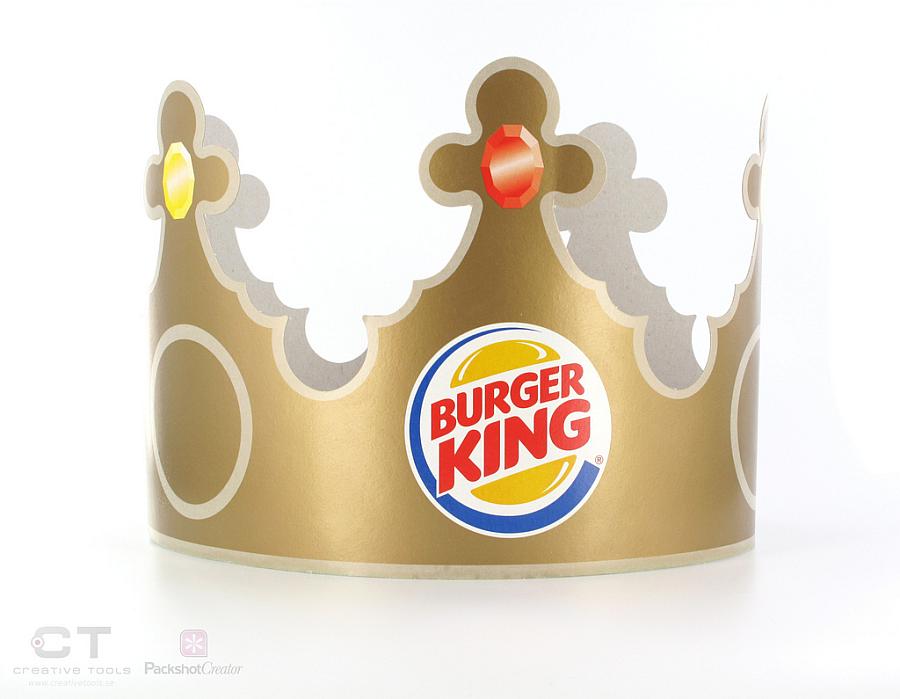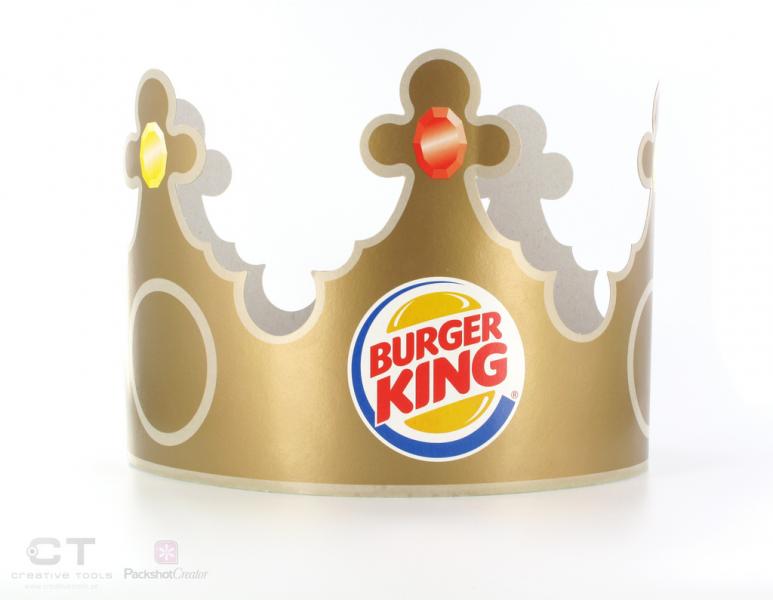Burger Blame: Don't Let the King Off the Hook for Obesity Crisis

 I anticipated either a brick through my window or stone silence following my Burger King post on Monday. Few things outside of abortion or illegal immigration get people as fired up as food.
I anticipated either a brick through my window or stone silence following my Burger King post on Monday. Few things outside of abortion or illegal immigration get people as fired up as food.
Instead, when I asked some of my favorite writers on the topic of food and nutrition what they thought, they sent me enough great ideas for dozens of blog posts. I've captured some of these ideas below:
Dr. Yoni Freedhoff, obesity doctor and health writer:
No single raindrop is responsible for the flood, and Burger King is just one of tens of thousands of modern day raindrops. To blame Burger King (or any specific fast food, or even simply fast food) for the obesity epidemic would certainly be simplistic, but so too would be excluding them.
At the end of the day, I don't believe people are any different than they were 60 or more years ago. I don't believe we're any more hedonistic, lazier or less willful. I think we've just found ourselves in a new environment which in turn, given a wealth of raindrops, is flooded with weight. The default in our environment is weight gain, and I think the majority of folks out there, live default lives. They're not trying any harder to gain weight than they are to lose weight. They are just living, where now the environment nudges us to more, more, more, while our pace of lives likely depletes our daily supply of resilience at a much more rapid pace than before.
"Eat less, move more" is about as useful a truism as, "buy low, sell high," yet ultimately most (people) try to manage their weight through some form of suffering – under-eating, over-exercising or both, and then blaming themselves for their eventual and yet wholly reasonable decision that they don't want to spend the rest of their lives suffering when considering food – one of life's most integral pleasures and social lubricants.
So to sum up, it takes a great many raindrops to make a flood and there's no real metric available to help determine which drop's more important, but that doesn't mean we shouldn't be pulling out our umbrellas or filling up sand bags whenever and wherever possible.
(On a slightly related note, Freedhoff dressed up as the Burger King for Halloween.)
Sheryl Cababa, food writer, designer:
The biggest issue isn't necessarily food snobbery. If we thought about it in terms of processed food plus low pricing for unhealthy foods, it takes the snobbery issue out of the equation. It would be great if we were able to see some comparable numbers: just how much fat and sodium is in a burger from Two Bells?
My hunch is that at the very least, the Two Bells burger is lower in sodium because it is simply not processed in the same way as a burger from Burger King (or any other major fast food outlet). For me, the processing is the primary issue.
In addition, a burger priced at $2 instead of $15 automatically gives the perception that it is something that you could afford to eat every day. If someone had to pay $8.50 or $15 for a burger, it is more likely to feel like a treat rather than a staple food. Unfortunately, right now, too many people view chain fast food as a staple. I understand the aversion to food snobbery. I hate it, too. I would venture to guess that many people you are referring to don't evaluate why they think In-N-Out is acceptable and Burger King isn't. And it points to class snobbery that I find intolerable. However, pricing and food processing are good reasons to target a company like Burger King (aside from the fact that it IS an easy target) rather than more chi-chi local fast food restaurants.
Lynn Heisel, health coach, health writer (and my cousin):
While I sometimes catch myself in judgment of obese people - the self-control thing you talk about - when I'm truly thoughtful about it I know it's not really about self-control. It's in our DNA to find easy calories. We've also built a society that does not afford us time to cook for ourselves and our families. And corporations like Burger King are in the business of making, marketing and selling cheap food.
It's a perfect recipe for where we are now. Yes, there's a class line with regards to fast food. I haven't eaten at a Burger King in two decades. But I love In-N-Out Burger. When I was in San Francisco last month, it was the very first place I ate. Because I'm educated, particularly about food and nutrition, and have the luxuries of time and money (compared to, say, a single mother working three part-time jobs) I'm able to make conscious decisions about my food.
I decided to eat at In-N-Out. It was a choice, just like I choose to cook for myself on a daily basis. The working poor have little choice in these matters. It's all more eloquently stated in The Omnivore's Dilemma. If we want to talk just about the food, my first question would be: Whose interests does the restaurant serve? If the answer is "shareholders" then the quality of the food is likely to be much lower than if the answer is "the customer" or "the chef's creativity".
What do you think? Let me know at askantidote@gmail.com, share in the comments below, or send me a note on Twitter @wheisel.
Related Posts:
Burger King: Health Hazard or Obesity Scapegoat?
Photo credit: Creative Tools via Flickr

